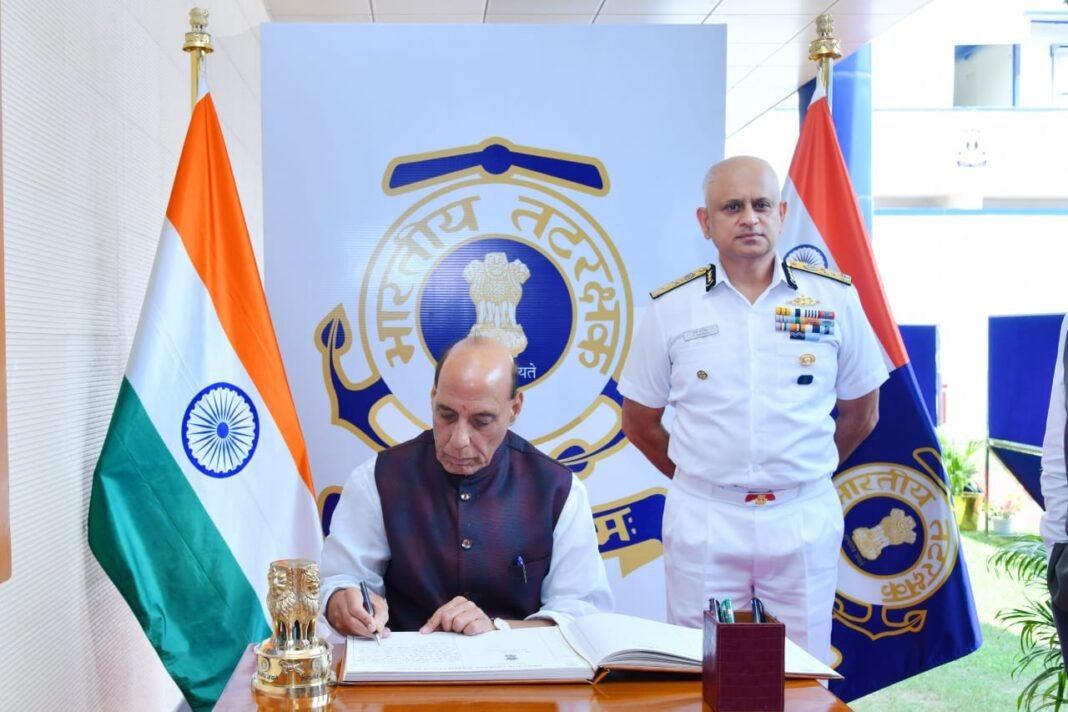The Right to Information (RTI) Act is globally acknowledged as one of the most effective tools for promoting transparency, accountability, and public participation in governance. It empowers citizens to ask questions, seek details, and demand accountability from government institutions on the use of public resources. In any democracy, RTI is akin to a backbone—it is through this law that the citizen is able to hold the government accountable and fight corruption with facts rather than assumptions.
In Jammu & Kashmir, however, the path to implementing RTI has never been simple. For decades, Article 370 served as a barrier to the full application of central laws. When Article 370 was abrogated in 2019, expectations rose that all progressive laws, would now be enforced without hurdles. While this has legally happened, the deeper challenge lies elsewhere—in the mindset of the bureaucracy.
The hard reality is that despite the existence of RTI, there remain many “black sheep” within government departments who are allergic to words like transparency and accountability. These officers and officials have for years thrived on corruption, opacity, and misuse of authority. For them, the RTI Act represents not a citizens’ right, but a personal threat. It is therefore not surprising that many RTI applications are either ignored, delayed, or dismissed using technical loopholes. In some cases, applications are literally dumped in the dustbin.
This conduct not only violates the spirit of the RTI Act but also deepens the frustration of ordinary citizens. Instead of empowering them with information, it leaves them helpless, burdened with additional struggles, and disillusioned with governance.
Here lies the critical responsibility of the Omar Abdullah-led government. If it is serious about public welfare and social justice, then it must ensure strict implementation of people-centric laws. Whether it is the RTI Act, the Public Services Guarantee Act, or any other legislation, these instruments are meaningful only when enforced. Otherwise, they remain mere words on paper, incapable of easing citizens’ difficulties.
So how can the situation be remedied?
First, strict action must be taken against defiant officials who willfully suppress information. Accountability mechanisms must not end at issuing notices—penalties, departmental inquiries, and even suspension should follow where violations are established. Naming and shaming such officers in the public domain could also act as a deterrent.
Second, there is a dire need for regular training programs for government employees. These sessions should emphasize that RTI is not an unnecessary burden but a legal right of citizens and a duty of the state to honor. A cultural shift is required in the bureaucracy, where officials stop viewing transparency as a threat and start recognizing it as a democratic obligation.
Third, the government must strengthen oversight mechanisms. This includes setting up independent monitoring bodies, digitizing records, and ensuring time-bound responses through online RTI portals. Wider adoption of e-governance can reduce human discretion, thereby minimizing opportunities for corruption and delays.
Civil society, the media, and the judiciary also have a crucial role to play. They must act as watchdogs, spotlighting cases where RTI requests are ignored and supporting whistleblowers and activists who face harassment for seeking information. Without this collective pressure, erring officials will continue to operate with impunity.
It is also worth noting that the RTI Act is not merely a legal provision but a symbol of democratic empowerment. It assures the citizen that the government cannot function in secrecy, that every rupee spent and every decision made is open to scrutiny. In this sense, RTI is a weapon against corruption and a shield for democracy.
If Jammu & Kashmir truly seeks to build a transparent, accountable, and citizen-centric administration, it cannot afford to let the RTI Act fail. The law must be implemented in letter and spirit, and citizens must feel confident that their right to information is protected.
Ultimately, the strength of a democracy is not measured by the number of laws it passes, but by how sincerely those laws are implemented. The RTI Act is a test of that sincerity. If the government of Jammu & Kashmir wishes to win the trust of its people, it must pass this test—by rooting out the black sheep in its ranks, empowering its citizens with information, and proving that governance here can indeed be transparent and accountable.DD




